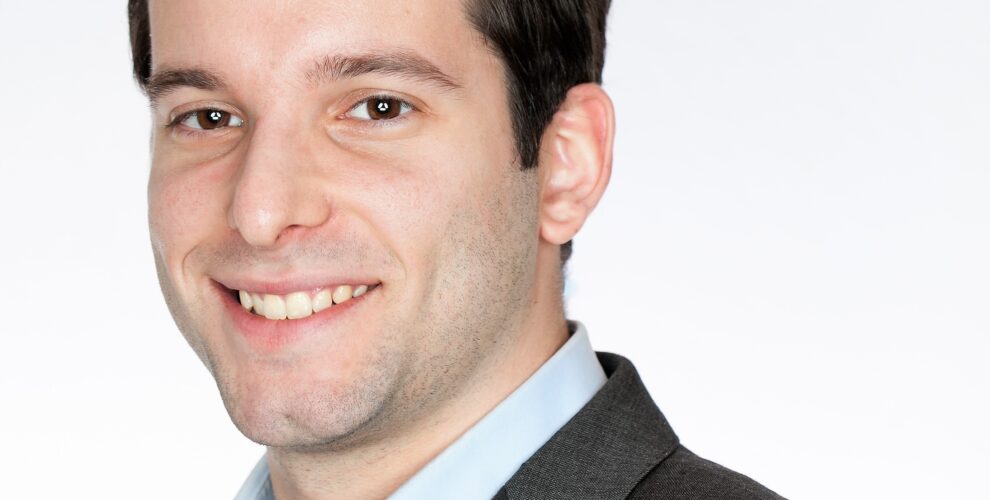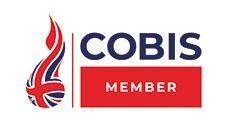What did you go on to study and where?
I got my Bachelor’s and Master’s in Electronics and Information Engineering at the University of Cambridge. It was an intense and challenging course, with corresponding rewards both during and after my studies.
How has the IB helped you in your academic career?
The IB provided me with a broad but at the same time deep education that allowed me to obtain a good perspective (to the extent that one can do so at 18) as to what was for me and what was not, with respect to future academic and career choices. It also allows you to gauge your strengths and find weaknesses to improve, due to its multidisciplinary approach. While no program is perfect, the IB provides a well-rounded education and my opinion is that it enables you to stand out when applying to university. One example on a more personal level, at first I was not too happy with having to study literature when I wanted to focus on the sciences to study engineering at university. From the first year of university, however, and until this day, I can see how crucial it is to be able to express your thoughts clearly and concisely. You might have the best technology in the world but if you do not convey the right message in the right way, it will not matter.
What were some lasting highlights from your experience at Campion?
Definitely the personal relationships – almost 7 years after graduating I still meet a number of friends from Campion every time I am back in Athens.
Lunchtime basketball must also be mentioned (including arguing about whether that was a travel or a foul) – not something you can do once you start working.
Tell us a little bit about your life since leaving Campion
During my studies at Cambridge I decided to apply for a summer internship at a major Japanese technology multinational. After spending two pretty good months there, I decided to accept their full-time job offer and went back after graduation. My thinking was if I stay in the UK, I’ll probably never leave, and there is no better time to see the world than after university. Combining that with an international career, the results are slightly better than a short summer backpacking trip. I am still living in Japan – next stop will probably be the USA.
Any Tips for students?
It is never too early to start. Think of what you want to do, what you are good at, and set a goal. It does not need to be precise, many people change career/industry at least once in their life, not to mention that your first job will likely not be directly related to what you studied. You need a goal to focus on if you plan on getting anything worthwhile done. Of course there always needs to be a balance, you need to have fun, play sports (as much as possible) and prevent yourself from burning out. That being said, school is the simplest part of your life, so if you try you’ll make it, and there will be many people who will support you along the way. When people say that “these years are the easiest of your life, so enjoy them” they do not mean sit back and enjoy the easy life – they mean that it is the time when you can try different things, see what works for you and what does not, fail and get back up with little to no consequence. At least that is what I believe. The same is true to a certain extent for the IB and university choices / successes. If you have your goal and you work towards it, even if you don’t do as well in your exams, or you don’t make it into your top university choice, you will learn something, adjust your goal or your methods and in the end you will be rewarded.
Obviously having better marks and getting into your first choice university does make life a little easier, as you have already proven yourself. That is not, however, your only chance. Persistence is key.



